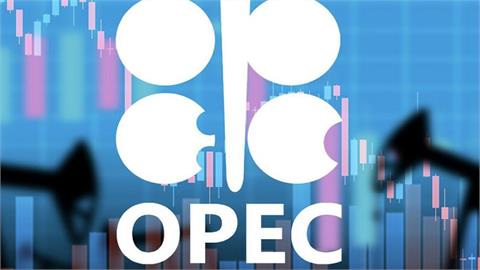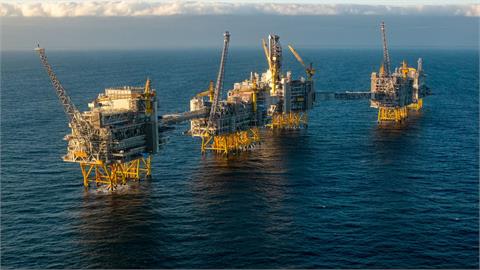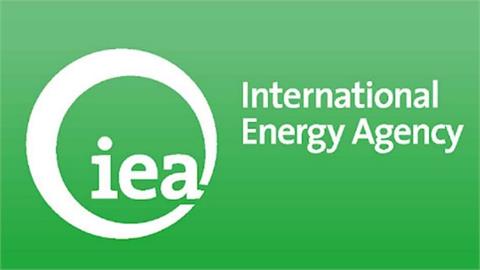Oil prices rose from near-2015 lows on December 3 after a report that Saudi Arabia, a de-facto leader of the Organization of Petroleum Exporting Countries, would propose a deal to balance oil markets with non-OPEC help in 2016.
Benchmark Brent crude futures LCOc1 were up 88 cents, more than 2%, at $43.37 a barrel. U.S. crude CLc1 was trading 64 cents higher at $40.58 a barrel after sinking below $40 on December 2.
Riyadh will reportedly propose an OPEC cut output by 1 million barrels per day next year if non-members like Russia, Mexico, Oman and Kazakhstan commit to joint action. OPEC ministers are gathering in Vienna for their meeting on December 4.
"Saudi Arabia had spare capacity and has been selling more oil to its customers and increasing its market share. The question is how long will Saudi Arabia continue,” Independent energy consultant Manouchehr Takin told New Europe on December 2.
He noted that while US shale production has fallen due to declining investment, major projects that begun when oil prices were high have continued developing despite the recent slump. "We have the shale oil in the United States down while the major super projects are still there and we will have more oil,” Takin said. "All this exciting news that Saudi Arabia has won the war, that cutting investment will cause a shortage in supply, that’s five-six years ahead. In 2016 we will not have this effect. "Supply is more than demand and the inventories are high. There is too much oil in the market. In 2016, if OPEC doesn’t do anything, oil prices will remain low.
On December 2, oil dropped close to levels last seen during the financial crisis, after data showed a big increase in US crude stockpiles for the latest week, adding to the global oil glut. According to the US Energy Information Administration, US crude inventories rose 1.18 million barrels last week. The strong US dollar also weighed on oil prices.
Iraq and Saudi Arabia have increased output close to record levels, while Iran is gearing up to increase its exports when sanctions are lifted next year.
Riyadh has been pumping oil in an effort to push out rival producers and increase market share, regardless of the weak oil price. Global oil markets have been swamped by near-record oversupply, leading hedge funds to amass one of their largest positions betting on further price falls.
Saudi Arabia has said that it will "listen” to weaker OPEC members’ calls to cut output to shore up the price at the meeting on December 2. Saudi Arabia’s Oil Minister Ali al-Naimi has been under pressure to take action to prop up crude prices at this week’s OPEC meeting. "We will listen, and then decide,” Naimi said when asked what outcome Saudi Arabia was seeking from the OPEC meeting.
Asked if Saudi Arabia’s strategy of pumping to retain market share was working, Naimi questioned the premise. "What strategy?” he Naimi said after arriving in Vienna. "Who said we’re keeping market share?”
The problems facing some OPEC members were highlighted on November 30 when Ecuador’s Oil Minister Carlos Pareja said upon his arrival in Vienna that his country’s government had lost half its revenues this year because of the oil price drop. "We’re here to fix the problem,” he said. "We hope prices will pick up next year.”
Russia is also pumping at record levels of above 10 million barrels a day. Moscow and Riyadh have pivoted their focus to Asian markets. The battle for market share in the east has forced surplus Saudi barrels into the European oil market, where Russia has traditionally been the biggest single supplier.
Meanwhile, reports that Turkey is creating obstacles for Russian naval vessels traveling in the Black Sea to Syria through the Turkish Straits has raised concerns. The Bosporus and Dardanelles are the Russian naval forces’ only direct access point to the Mediterranean and a primary shipping lane for Russian oil exports.
"There is some oil coming from the Caucasus through the Bosporus as well as the Russian tankers and that maybe an issue if this standoff between Russia and Turkey would become more serious it may have an effect on the actual physical on the market. Now it’s psychological,” Takin said. "We have so much oil in the market so there would not be a shortage. But it would have an adverse effect for the Russian oil exporters and the Russian companies. They would lose money.”
http://neurope.eu/article/all-eyes-on-opec-to-boost-oil-prices/



